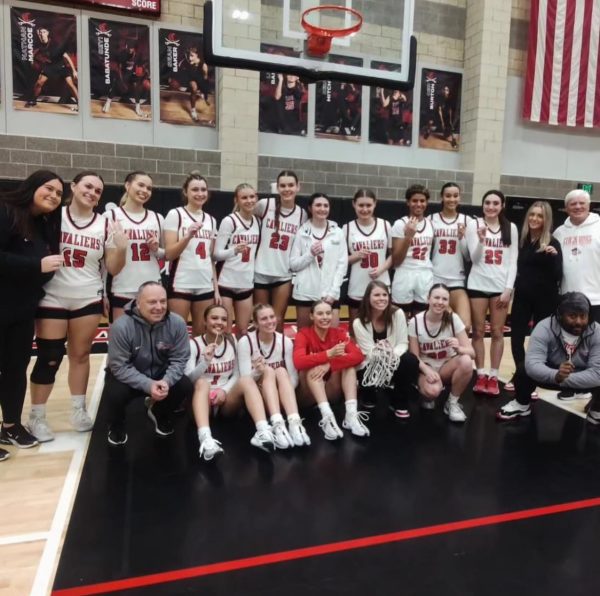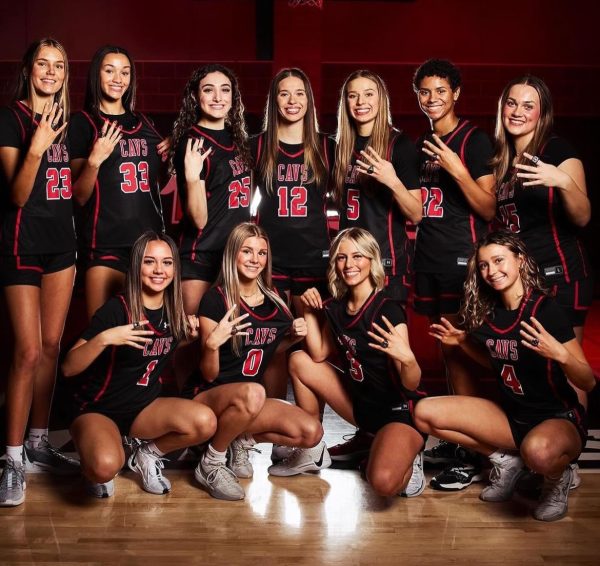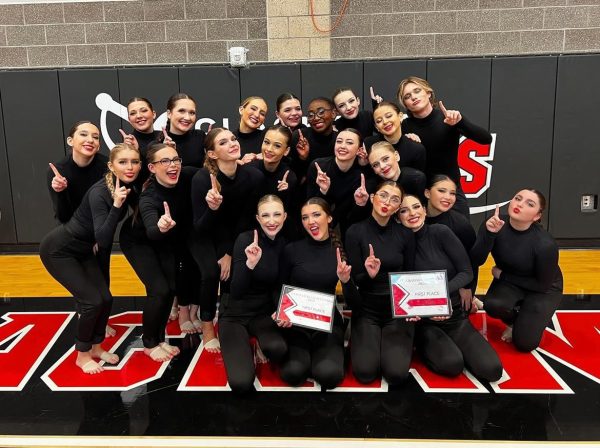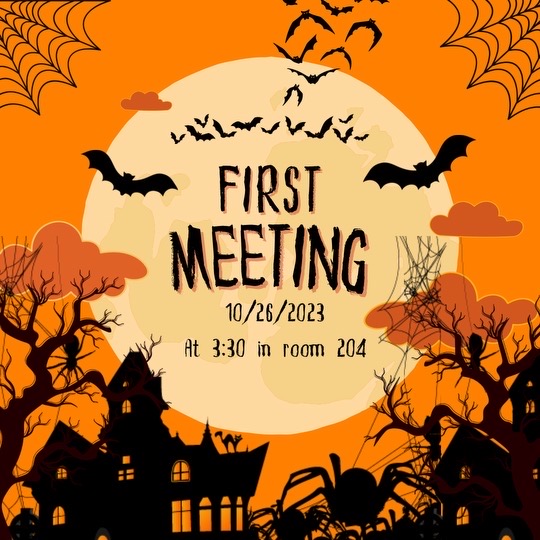Creating A Consent Culture
The student protest at Clackamas High School, in response to the alleged sexual assault of a student, earlier this month, has surfaced the concerns of students, parents, and teachers. Many are voicing concern that the district’s sex education classes are not adequate and should be providing a more comprehensive curriculum dedicated to the understanding and support of students’ overall sexual health, bodily autonomy, consent, sexual violence, and abusive dynamics.
Sex education classes focus on sexually transmitted diseases, pregnancy, puberty, and contraception, all necessary topics but when it comes to consent, the conversation is often limited to ‘yes’ means ‘yes’ and ‘no’ means ‘no.’ When in fact it’s more nuanced than that. In fact, only 8 states (and Washington D.C.) require students to learn about consent in the U.S. of these, seven passed their requirements within the last four years.
To educate on consent is an ongoing conversation, a deeper dive into individual situations, about reading your partner’s body language, being attentive, requiring an authentic ‘yes’, and asking more questions than “yes or no?” It is necessary to include a thorough approach in health classes for the sexual, emotional, physical, mental, and social well-being of the young people in our school communities. Solidifying these issues in the syllabus can shift the current paradigm. Not including the complexity of consent and healthy relationships in the conversations we have in sex education classes feeds into possible misunderstandings and subsequent concerns of students.
Creating a consent culture is not only about preventing and avoiding sexual assault and mistreatment of young people, but also about providing knowledge and empowerment for all students. Sex education should include providing resources and support for victims as well as an understanding of the legal process of sexual assault/rape.










